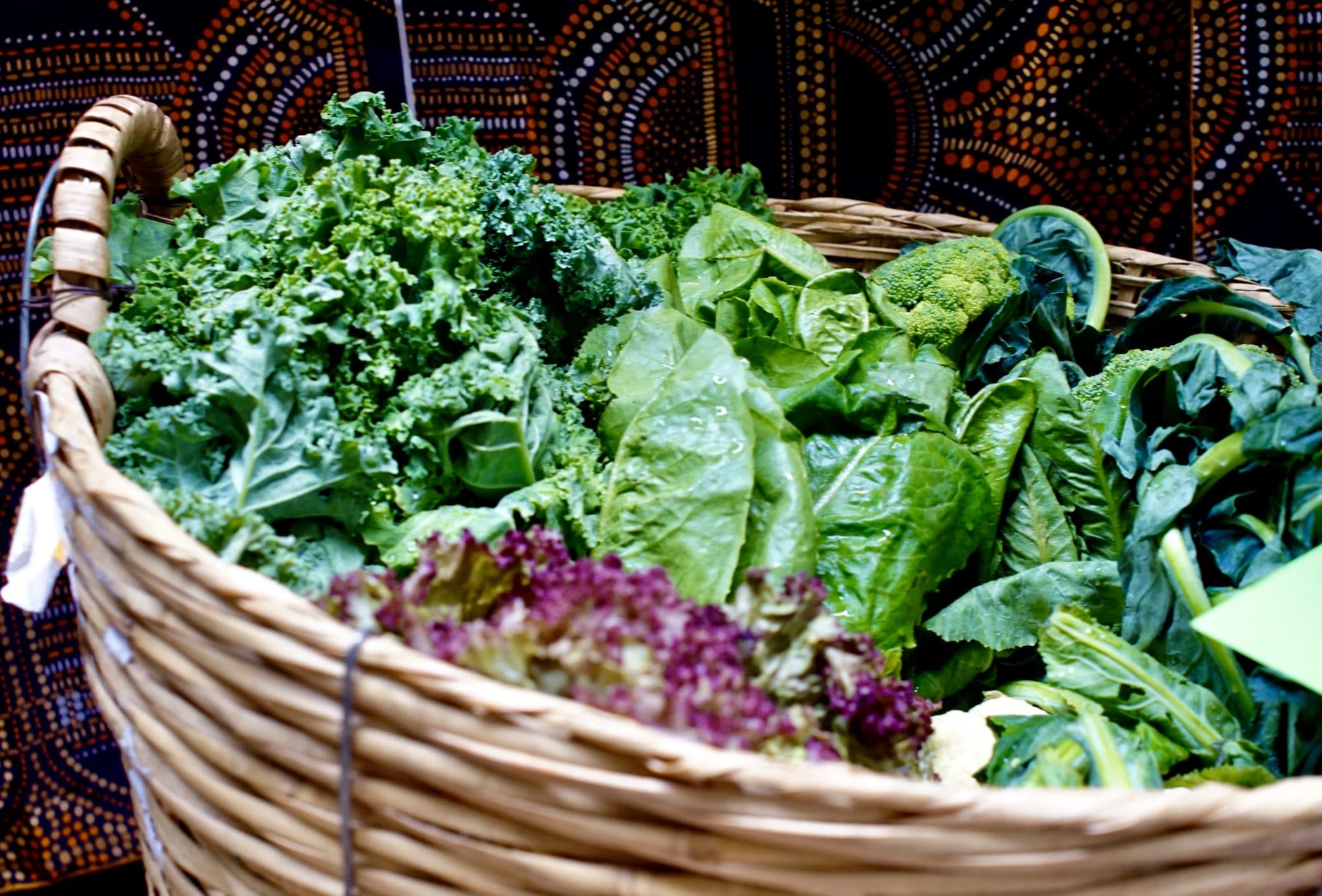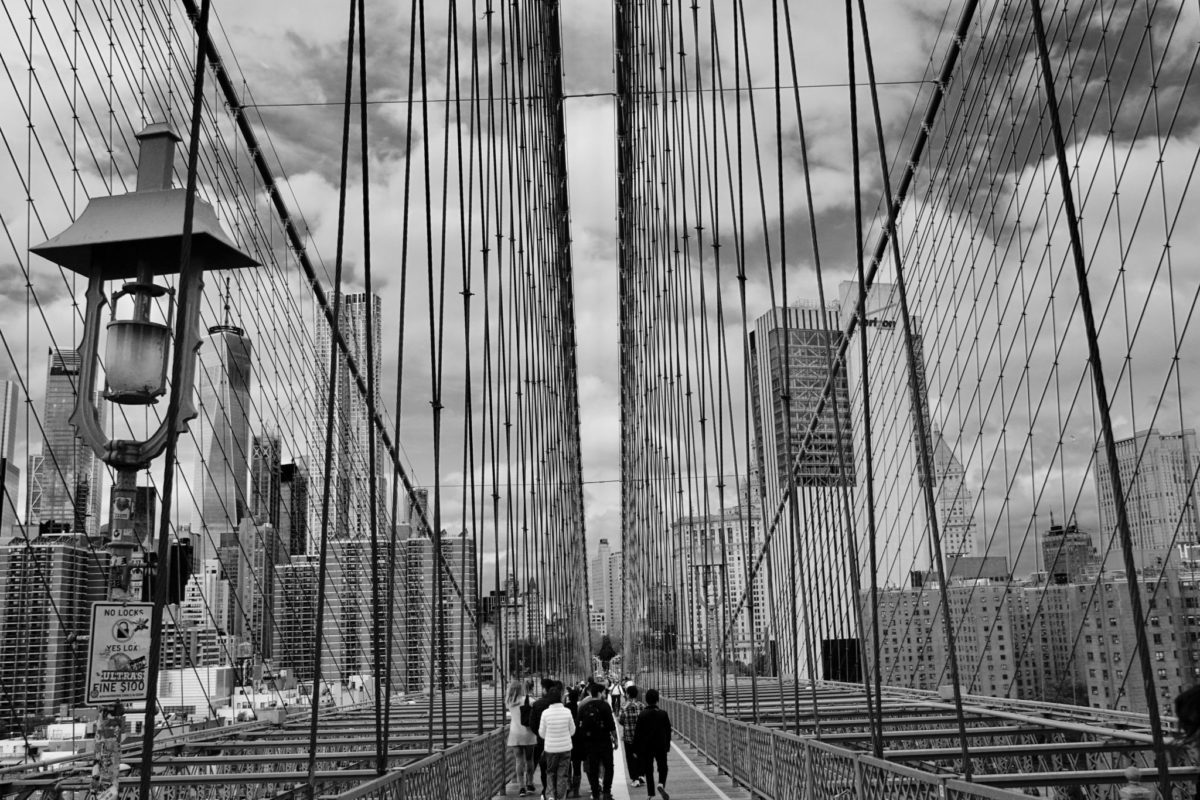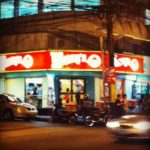Like many, I’ve been cooking and baking up the storm. But for me, this has been going on well before the global pandemic began. I’ve had some time to reflect on why cooking brings me so much joy, and why you, too, should practice cooking meditation.
An Incapable Cook in College
In college, I was a terrible cook. I often made food that was so bad that I would end up buying sandwiches or eat cereal after. To imagine that I would one day embrace cooking, not only as an activity to provide nourishment but as a form of meditation, was unthinkable. I always did enjoy watching cooking shows, but it always seemed complex, full of materials and ingredients that I didn’t own and wouldn’t buy.
I also had a false idea that cooking wasn’t for the urbanist in me, and I was simply too busy going after a million activities to have time to cook. Frozen meals and restaurants were there for a reason. In essence, I chased after the false ideal of a busy young professional who does not cook.
Back to Basics in the Peace Corps
I was forced to cook during my two years of village living in the Peace Corps. Volunteers before us had curated a cookbook, “Chop Fayner” (to eat well, in Pidgin English), to serve precisely people like me. The recipes were simple and did not involve anything complicated. Cooking was stripped to its essentials. Baking cookies doesn’t require a mixer, and a stove-top dutch oven can serve as a real oven.
One of the reasons I look back on my time in Cameroon with such fond memories is because I had so much time to make all of my meals with fresh ingredients. Yes, it was out of necessity. My village didn’t sell much-prepared food, and the closest supermarket was at minimum a twenty-minute car journey. I spent countless hours alone in my thoughts, cooking meals for one. Little did I know at the time, this activity was calming and rewarding beyond simply putting food in my belly.
Urban Living and Cooking
For the decade after my time in the village, I’ve lived in a mega-metropolis. I love the dynamism of urban living and the variety of food available from across the world. Whether I’m in New York, London, Shanghai, or Saigon, cooking no longer is a necessity, but an option. The decision to make a meal became a constant cost-benefit analysis. Do I spend the effort to prepare food, or do I simply pop in some frozen meal or order/go eat cheap and delicious food available to me?
While I’ve shed the silly mirage that a busy urbanist cannot cook, I still often struggled between finding the time to cook and to explore the city’s restaurant scene. In much of the Western world, eating out is often financially unsustainable. In places across Asia, delicious and affordable food is ubiquitous. Especially when I was single, the cost-benefit often tilted toward eating out during my years in Shanghai.
Missing a Good Kitchen During Full-time Travel
When we minimized our lives to go travel, we shifted from hosting dinner parties to attending them. A year of full-time travel meant a lot of eating out and a great deal of eating with family and friends. As much as we could, we cooked with the bare-bones kitchen that came with the AirBnBs that we rented. I never understood cooking shows where chefs go on about having a good knife, until this experience. One too many times, I had cursed at a dull knife that can’t properly slice a tomato.
Our Workaway experience at a farmhouse in Uruguay cemented this longing for a fully-stocked kitchen. We learned the intricate ways of sourdough bread baking, and lusted after the full selection of spices and grains in glass jars. Nomadic living has its perks, but so is having a base and a well-stocked kitchen. Our ideal version of life was being redefined.
The Desire to Live Slower and Cook More
In July 2019, we relocated to Saigon, and by November, our new base has a kitchen with a counter-top oven and is quite well-stocked. Our lives were settling into a nice routine in Saigon, and we’ve already sampled a good selection of local delights and fine dining. One thing that was missing: good bread. We live quite far away from the expat bubbles, and thus have no easy access to a good bakery.
Again, out of necessity, I learned to bake. The first few sourdough loaves were hit or miss, but the process was relaxing and rewarding. The experience also reinvigorated my love for cooking. Meanwhile, I was assessing how to approach life in the new city. I resisted being suck into the constant chase after brunches and dinners in the latest hot spot. After all, that was the life I had left behind in Shanghai. I wanted to live slower, and to live more deliberately. Cooking allows me to achieve this goal.
The Practice of Cooking Meditation
Most people think of meditation as sitting silently on a cushion. Ever since college, when I first encountered meditation via the works of Thich Nhat Hanh, I’ve appreciated the idea that meditation can come in different forms. Walking, writing, living, or any activity where our mind is focused and not distracted is a form of meditation.
Since November, I’ve been on a quest to #LiveSlowerCookMore, making meals from simple ingredients from scratch that takes some time. Little did I know this would turn out to be great practice as we face this global pandemic. With extra time at home, I’ve been fully embracing cooking as a meditation technique. Dicing onions, following directions, browning meat, or stewing soup, all without the distraction of the world. I get to be truly in the presence of my ingredients.
Some people on social media seem bewildered by the rise of everyone cooking, and baking sourdough bread. But I get it fully. When the world feels out of control, we can count on mixing water, flour, and air to produce natural yeast. This yeast can then transform more water and flour into a delicious loaf of bread that is nourishing to the body and soul. When nothing seems to be progressing in my life, I know I can have a delightful meal by mixing a few ingredients and following simple directions. Cooking focuses our mind and gives us control.
Back to Basics Yet Again
Being trapped at home has us dream big dreams of a life with freedom once again. I even cast a question on Twitter whether I should run off to fulfill a bucket list item to open a bakery/café! One thing for sure, I am re-evaluating what matters most in life. In the quest for meaning and purpose, perhaps the single most fulfilling activity is the simple act of growing food and then turning them into meals to nourish our body.
I hope we don’t all lose our collective joy for cooking the minute we are allowed to go outside again. Let the comfort and calm that come with baking and cooking stay with us well beyond the pandemic. The world has changed drastically, but I am hopeful that it will be for the better. At least from a personal level, I hope we can all live a little slower, and cook a little more.
Further Reading
- #LoveSlowerCookMore: 100 Recipe Challenge | Wanderlust Wendy
- Cooking is the New Meditation | Thrive Global
- What is mindful cooking and how to practice it | Headspace
- When Cooking becomes Meditation | Elephant Journal







2 thoughts on “Practice Cooking Meditation to Live Slower”